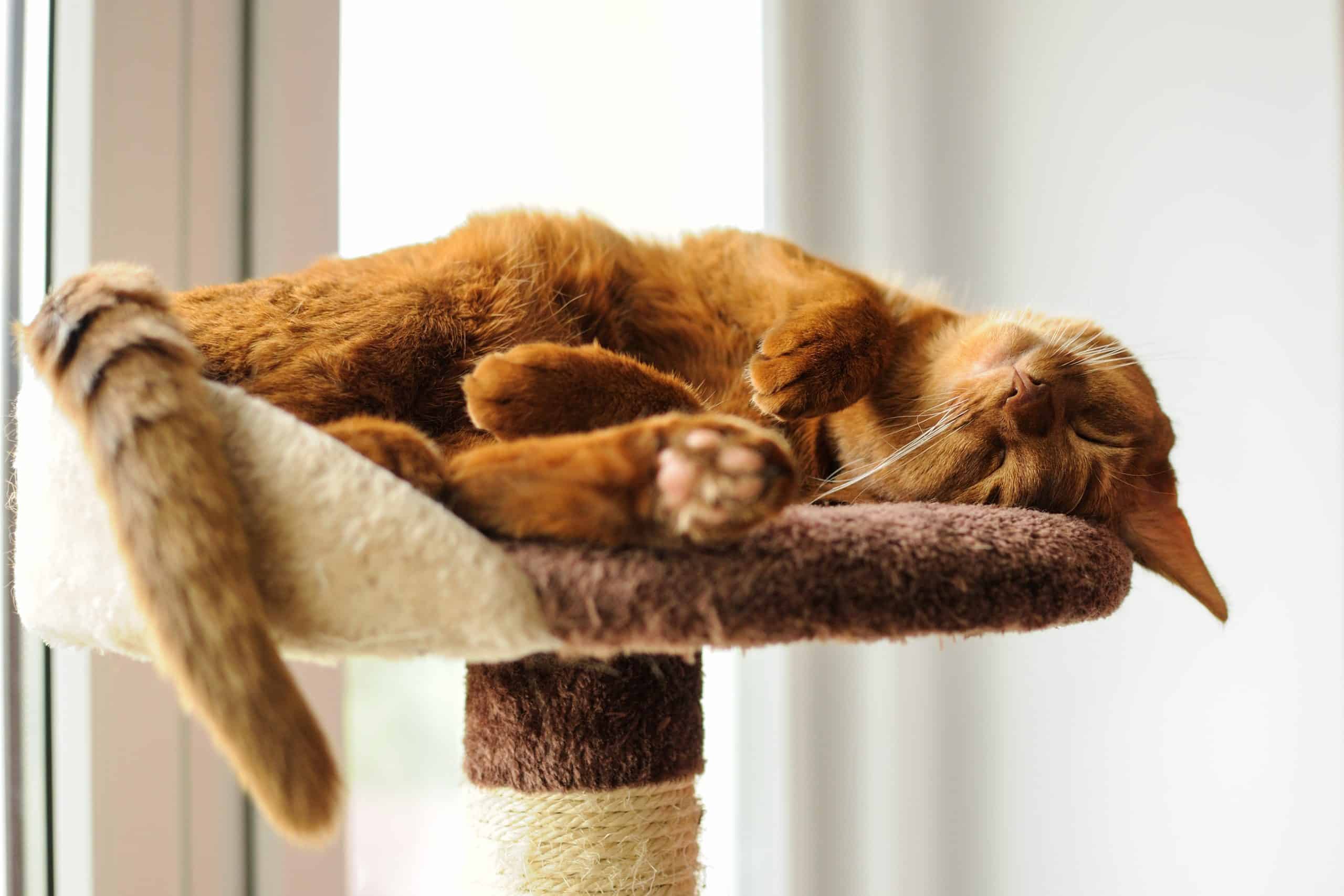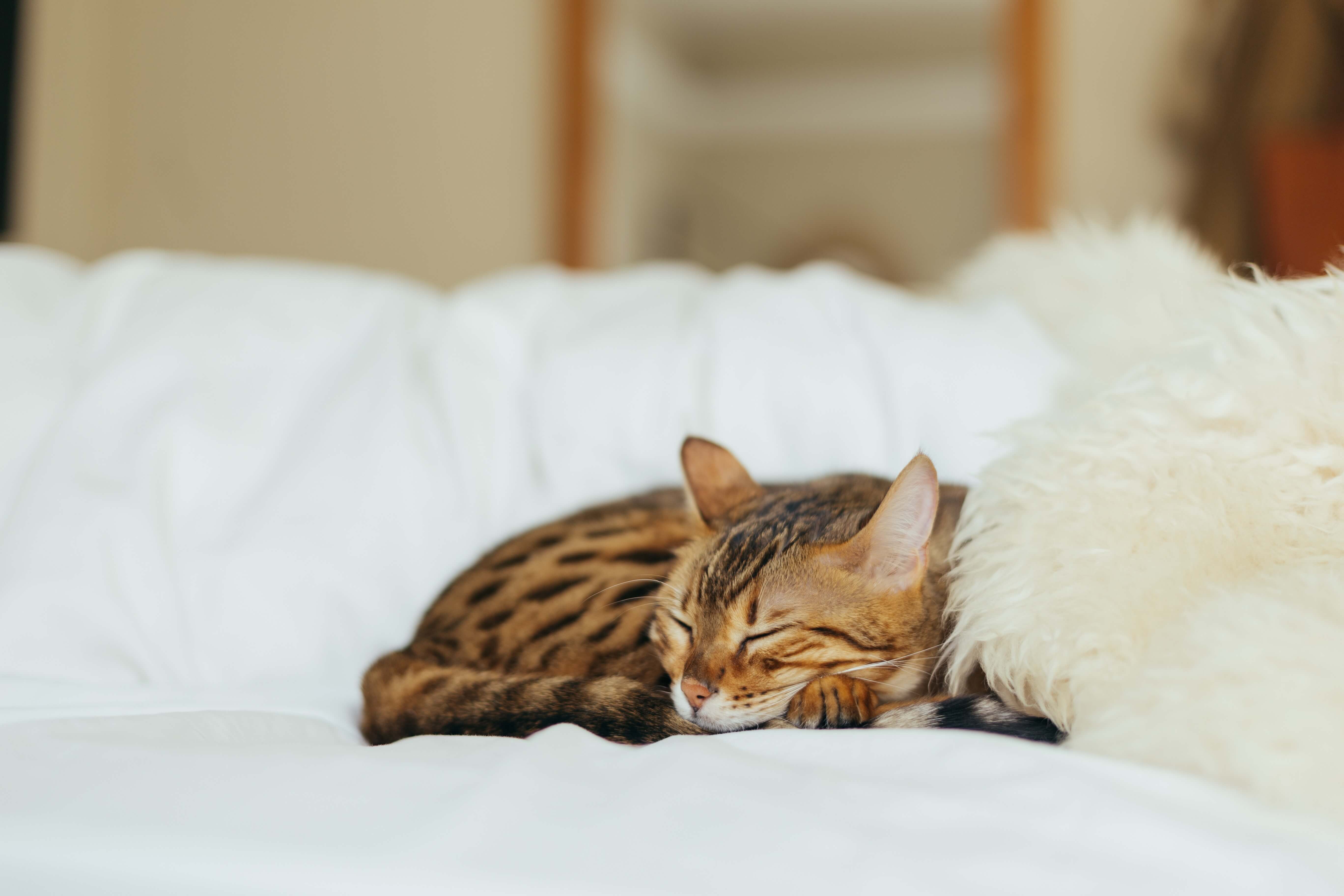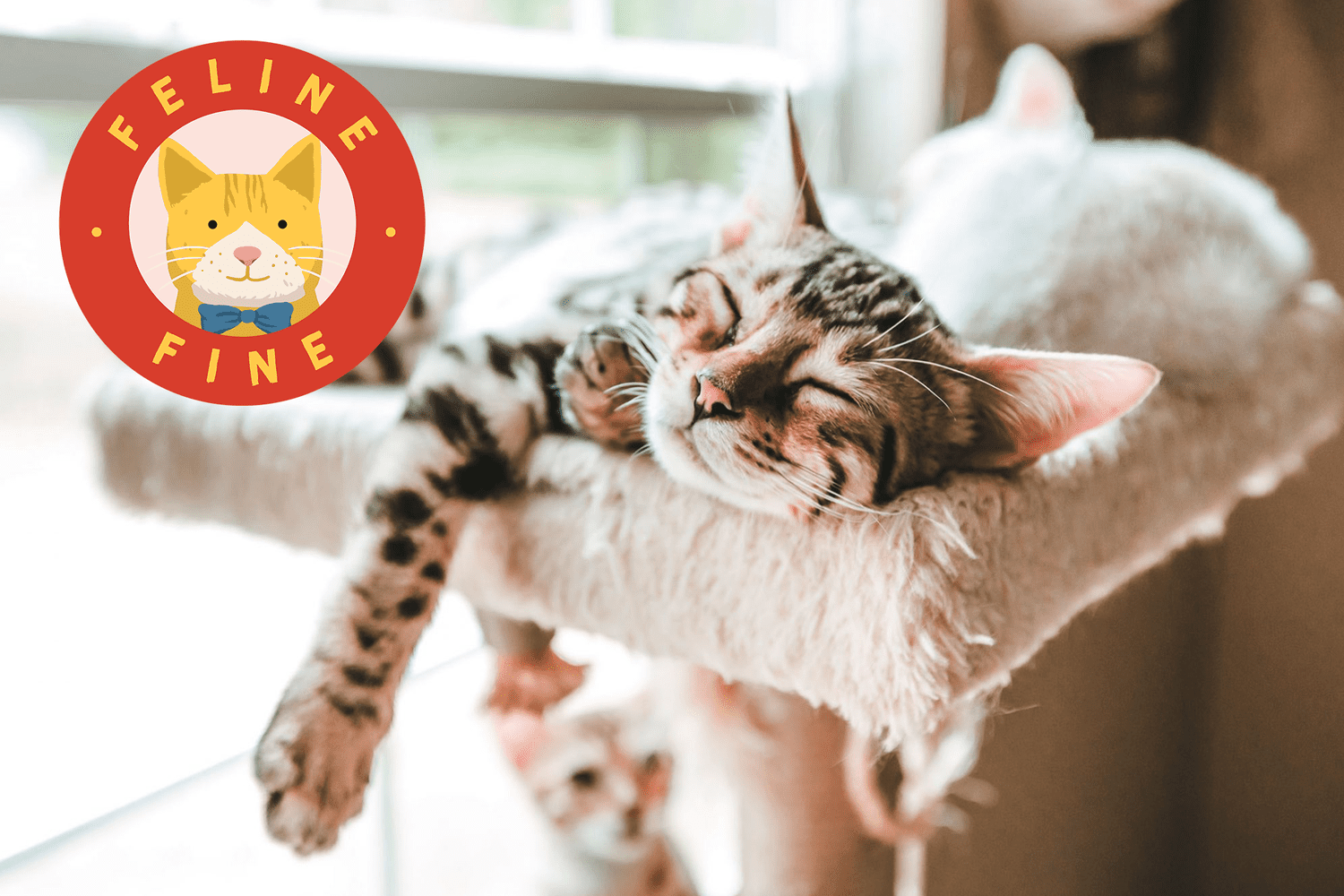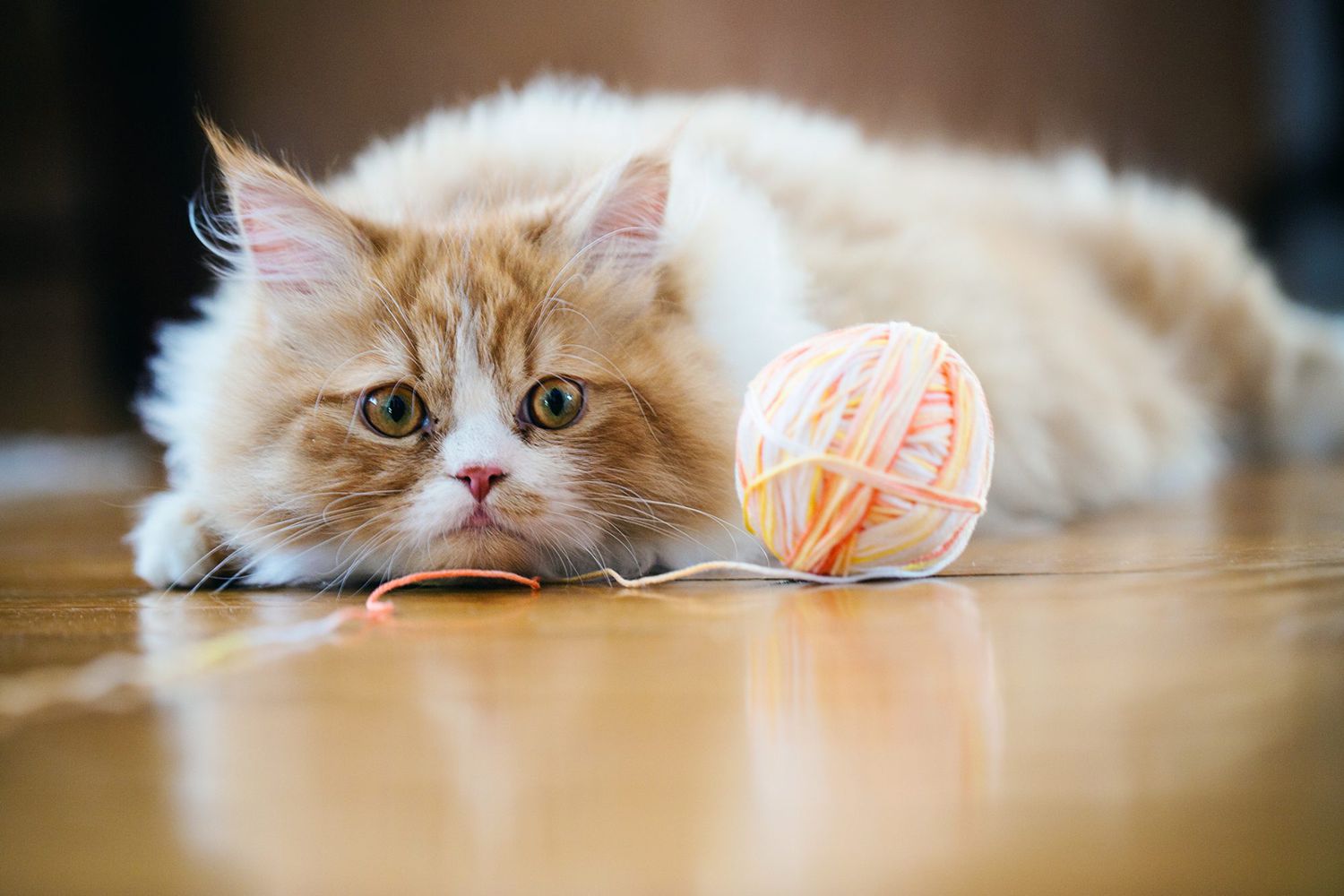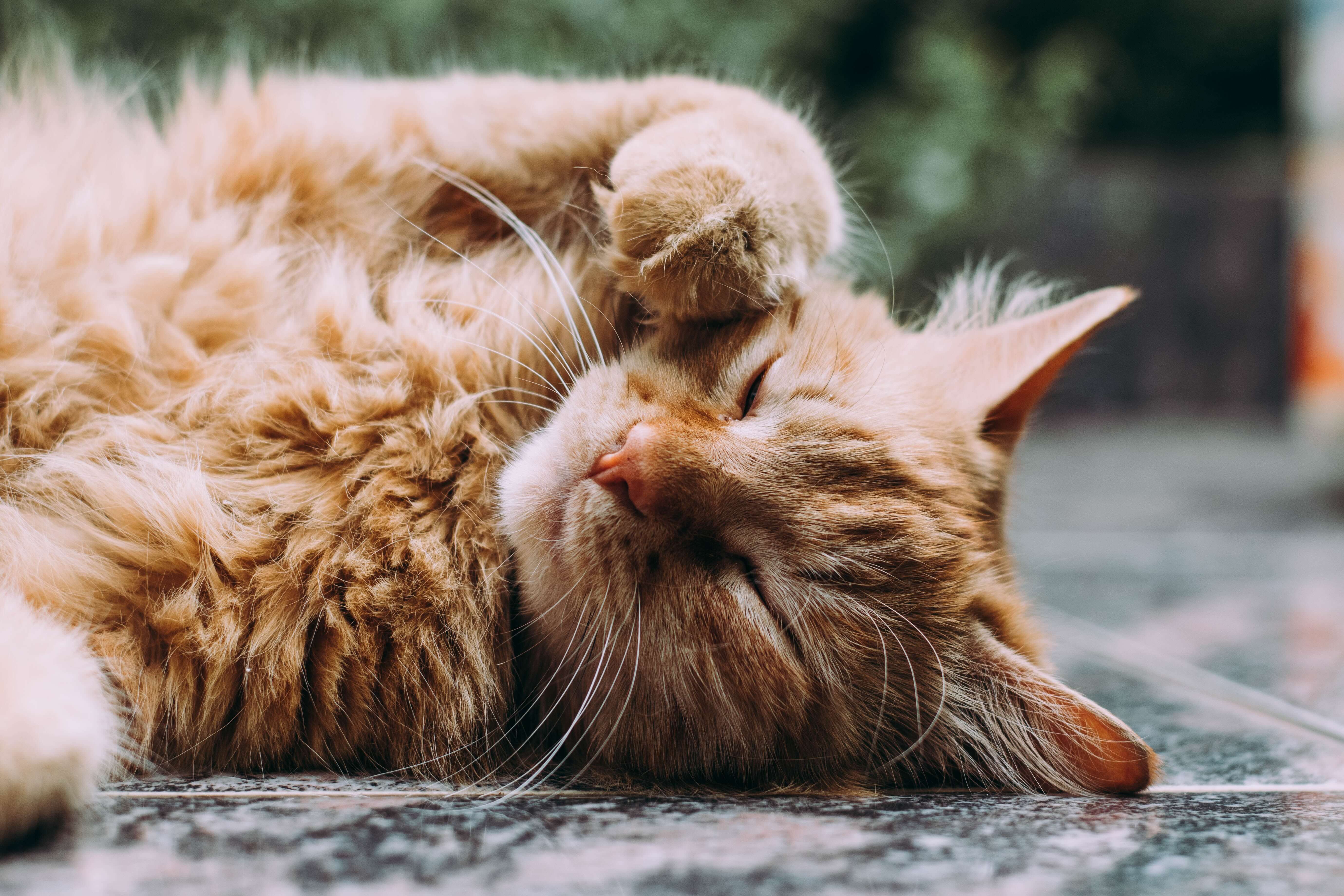Do Cats Snore When They Get Older

Understand that they are doing all this to gain comfort and because they do not want to be alone at the end.
Do cats snore when they get older. Snoring can indicate a serious medical condition. Cats generally are known for being notorious nappers. It is like you can tell what they are dreaming about by the way they snore.
Just like with overweight people extra fat can accumulate around your cats neck which can make it harder for your cat to breathe and may trigger snoring. As humans reach beyond middle age their throats get narrower which contributes to increased snoring. Many elderly cats love to sit in high places but they might struggle to climb up the way they used to especially if theyre suffering from an age-related disease.
Another cause of snoring problem in old cats are tumors. So if your cat shifts around and all of a sudden lets out a loud snore it could just be that hes angled his head and neck in a way that restricts airflow and causes him to sputter. While falling asleep he purrs and snores simultaneously.
Some common snoring triggers in felines include unusual sleeping positions obesity sleep apnea allergies and upper respiratory infections. Respiratory problems are common in older cats. Brachycephalic cats the cats with smooshed faces have shortened nasal passages.
In fact they sleep more often than any species of domestic pets. As a result the throat muscles are not as tight as they ought to be. The muscles around the throat mouth and nose grow weaker causing the vibrations in these areas to become more intense.
Overweight cats have a higher tendency to snore. While this is not likely to be an immediate health concern obesity can lead to many other serious health conditions. You should encourage this natural behaviour but be aware that older cats can struggle to calculate the height of surfaces and are more likely to fall.
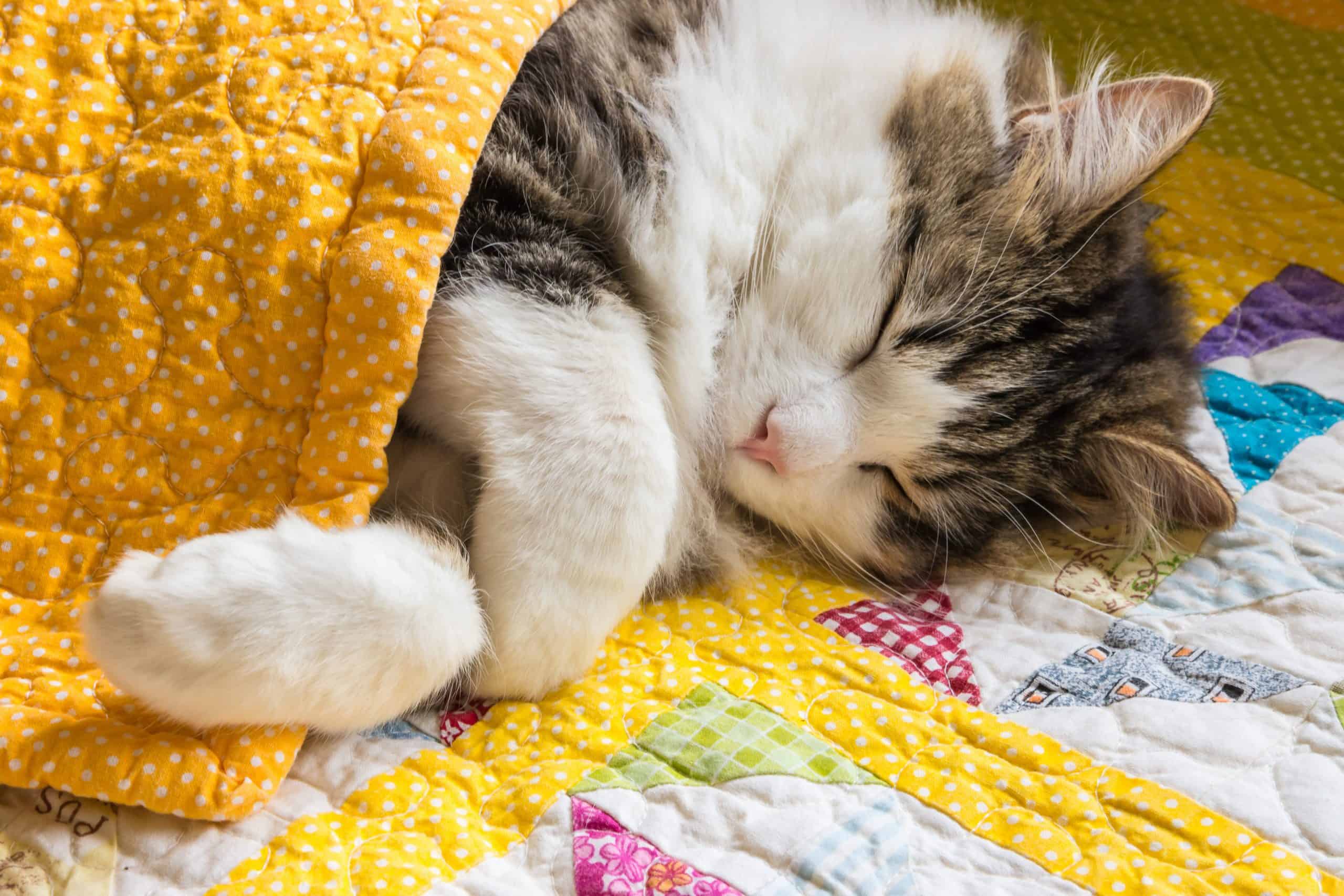
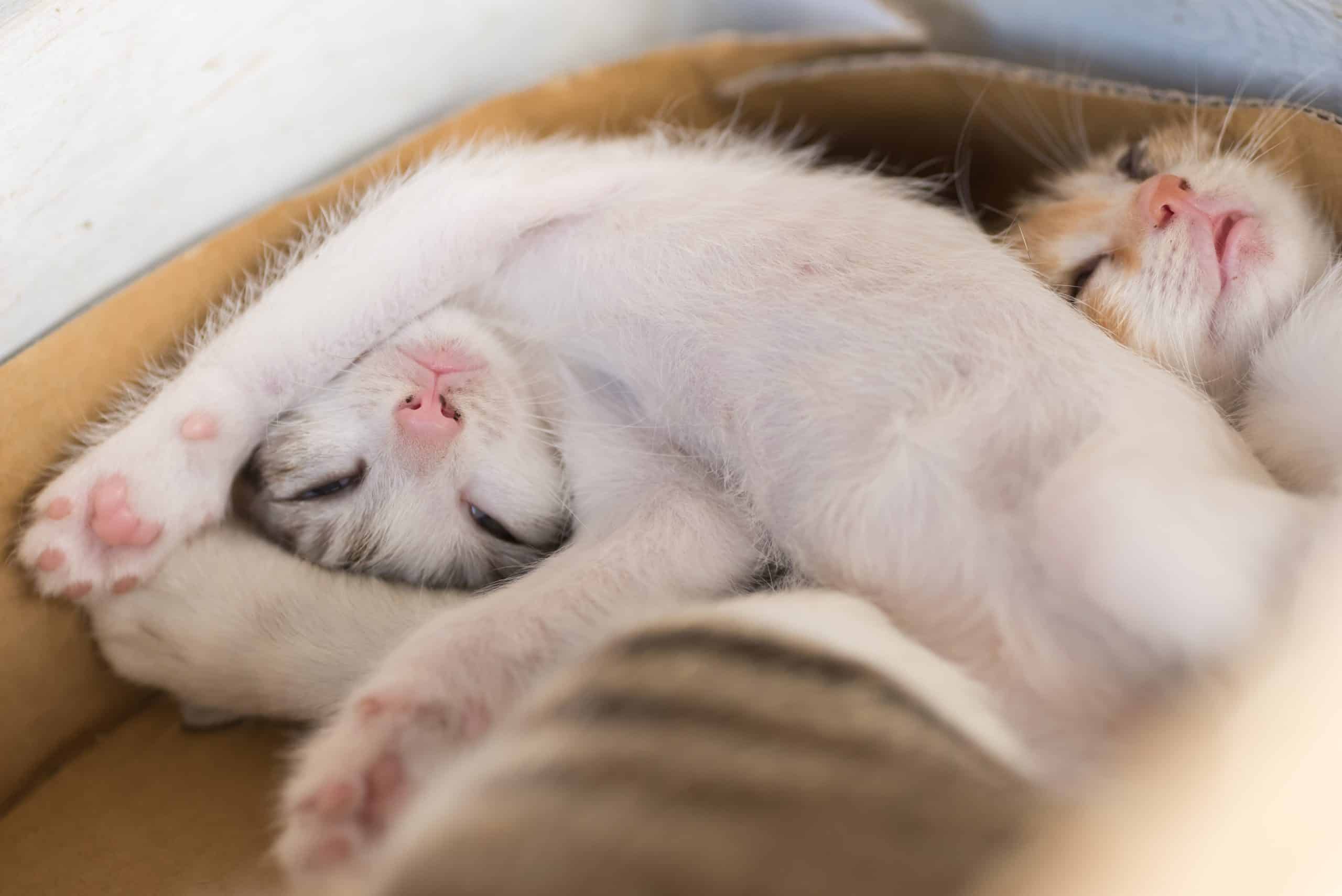

/RedCatSleeping2119x1415-5792fc593df78c173426fd06.jpg)
